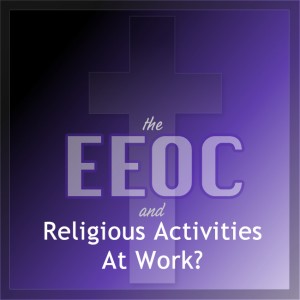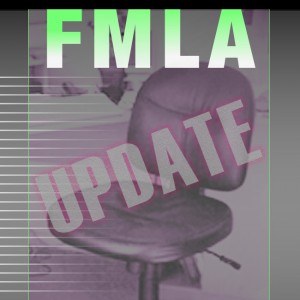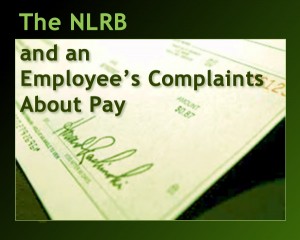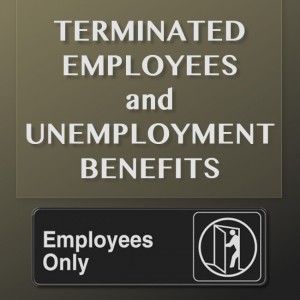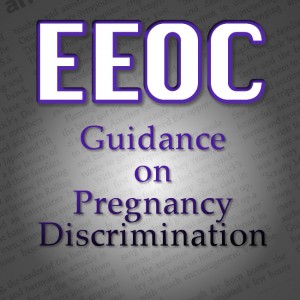
Employers are required to treat women affected by pregnancy, child birth, or related medical conditions in the same manner as other applicants or employees who are similar in their ability or inability to work. Employers with 15 or more employees are subject to the requirements of the Pregnancy Discrimination Act (“PDA”) which covers all aspects of employment including hiring, firing, promotions and benefits. Pregnant workers are protected from discrimination regardless of whether the pregnancy is current, past or potential. Under the PDA, an employer cannot take an adverse employment action against a woman if pregnancy, childbirth or a related medical condition is a motivating factor. This holds true even if the employer believes it is acting in the employee’s or the baby’s best interest. The same also holds true for both past and potential pregnancies.
The EEOC has also cautioned that an employer violates Title VII by treating a female employee with young children less favorably than a male employee with young children based on the belief that the mother should focus on children rather than a career. In addition, the EEOC also cautions that an employer violates the ADA where it takes an adverse action against a mother of a newborn with a disability due to concerns that the mother will need to take significant time off work due to the child’s medical condition and/or due to a concern that a child’s medical condition would impose high health care costs.
The EEOC has also offered guidance that an employer has to provide light duty alternative assignments, disability leave, and unpaid leave to pregnant workers if it does so for other employees who are similar in their ability or inability to work. However, if the light duty policy restricts the number of light duty positions or the duration of such assignments, the employer may apply those restrictions to pregnant workers as long as those restrictions are applied to other non-pregnant workers.
As it pertains to leave, an employer must allow a woman with physical limitations resulting from pregnancy to take leave on the same terms and conditions as others in a similar situation who are not pregnant. An employer may not single out a pregnant employee for medical clearance procedures that are not required of other employees and may not remove a pregnant employee from her job because of pregnancy as long as she is able to perform her job. In addition, an employer must allow pregnant employees to return to work following recovery from a pregnancy related condition to the same extent as it would with other employees.
Pregnancy in of itself is not a disability; however, pregnant employees may experience impairments related to their pregnancies that qualify as a disability under the ADA. Such conditions could include pregnancy related carpal tunnel, gestational diabetes and preeclampsia. To the extent a pregnant employee is suffering from a related condition which qualifies as a disability, the employer must provide that employee with a reasonable accommodation. Such accommodations could include, but are not limited to, temporary reassignment, leave, modified work schedules and/or policies (i.e. more frequent breaks, being allowed to keep a drink at a work station). The EEOC also notes that a reasonable accommodation could be to allow a pregnant worker who has been placed on bed rest to telework when feasible. Under the PDA, lactation is a medical condition related to pregnancy and therefore, an employer may not discriminate against an employee based on a breast feeding schedule.
We also remind employers that the birth and care of a newborn qualifies for FMLA leave and protection when the employee is FMLA-eligible.








